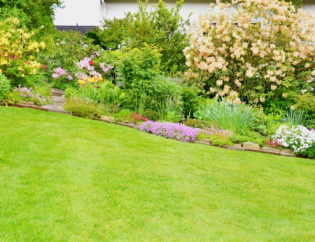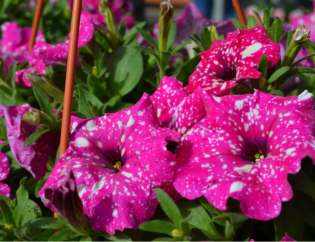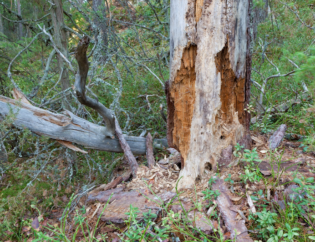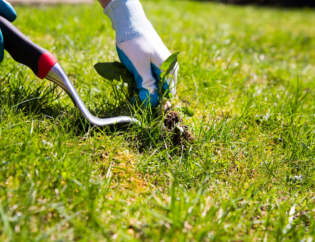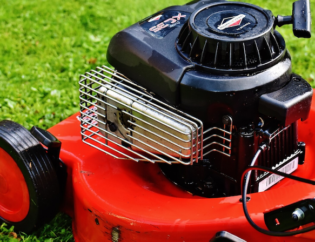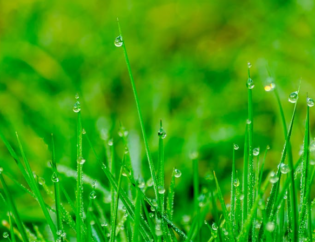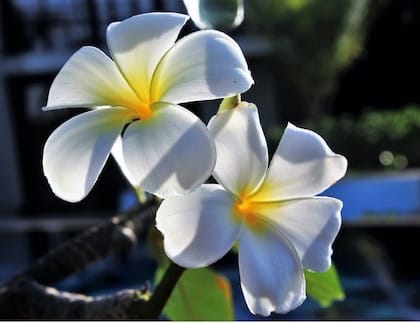
Noticing brown leaves, curling edges, and crispy ends on your plant could cause you to go into panic mode. Clearly, this plant is not getting enough water, right?!
The truth is, even if you’ve been watering consistently, your plant can become dehydrated when it’s getting too much sunlight. Are you concerned about how your plants handle sunlight? Do your summer plants get too much light or not enough water?
To learn about some easy ways to keep your plants in the sun from experiencing plant sun damage, we have created this handy guide for you.
Water Early in the Morning
Plants that live in hot climates or are experiencing a heatwave, are more likely to get damaged from the sun. One of the reasons for this is that the heat can quickly pull out all water from the soil and leave the plant dehydrated.
By watering in the morning rather than later in the day, you’re giving the water a better chance of soaking in before the hot sun hits your plant. Doing this will also prevent heat stress. This happens when the sun gets to its highest point and the plant gets sunburnt because the leaves are too dry to handle the sunlight.
Plant Your Seeds Deeper
If you live in a place that is warm or you’re planting later in the summer season, you should plant deeper into the soil. When you are planning out your landscaping, this is something you’ll want to consider.
In the spring, the early mornings and late nights are cooler than the daytime. In the summer, the temperatures are usually more consistent throughout every hour.
Warm temperatures, again, will dehydrate your soil faster. If your plants are just a little bit deeper, the roots have more of a chance of staying hydrated and keeping the plant healthy.
Add a Shade Cloth or Cover
If your plants are outside, a simple way to prevent plant sun damage is to provide shade. You can buy a shade cloth or a row cover, which are structures that go right over the plants.
They still allow some of the light in, so your plants get just what they need. When adding a shade, you should be careful not to put it too close to the plants. You may trap insects, like bees or flies, in the area, or heat could get trapped and burn the plants.
Add a Reflective Mulch
Direct sunlight can cause a lot of issues for many plants because it’s just too much. Mulch, especially the kind that reflects the sun, will save water, reduce evaporation, and encourage your plant to grow. Adding mulch helps your plant’s roots as well.
If you don’t want to purchase mulch, you can add in some other options as well that serve the same function. Mulching options for your garden include:
- Shredded leaves
- Newspaper
- Straw
- Dry grass
- Alfalfa
- Wood chips
- Compost
You don’t have to necessarily spend money to add mulch if you have some of these possible options on hand.
Protecting Plants in the Sun Prevents Damage
Now that you’ve got some major tips on protecting your plants in the sun, it’s time to implement them. Get your plants back in shape and prepare them for the upcoming summer heat.
Do you need some help with maintenance or design? If so, contact Atlanta Turf & Tree to learn about what we offer and how we can help you.
